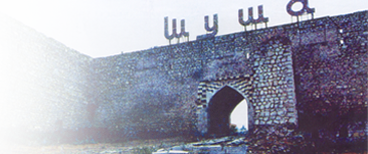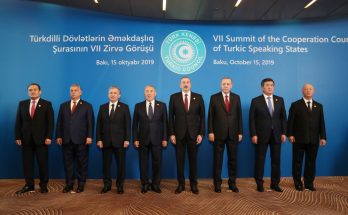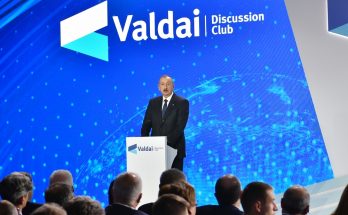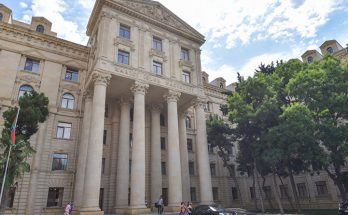
The Trans-Anatolian gas pipeline project (TANAP) clearly testifies to the high level of Azerbaijan-Turkey relations, Turkish Prime Minister Ahmet Davutoglu said.
He made the remarks at the signing ceremony of the contract on the pipe supply for the TANAP project, the Turkish TRT Haber TV channel reports Oct. 14.
The Turkish consortium of companies “Mannesmann-Noksel-Erciyas”, the consortium “Umran-Emek”, “Toscelik Profil ve Sac Endustrisi” company, as well as the Chinese contractor “Baosteel Europe” will supply pipes.
Davutoglu said that all projects being implemented jointly by Turkey and Azerbaijan are important not only for the two countries, but the whole region.
“Despite the economic crisis in many countries, Azerbaijan and Turkey were able to implement major economic projects,” Davutoglu said.
Davutoglu said that the Trans-Anatolian gas pipeline project will contribute to establishing peace in the region.
“No one could imagine the possibility of implementing such a large project as TANAP 10 years ago,” he said.
“Azerbaijan and Turkey will create an energy corridor, which will connect the South Caucasus with Europe,” he said.
The TANAP project envisages gas transportation from the Shah Deniz field to Europe via Turkey. The initial capacity is expected to reach 16 billion cubic meters per year.
Around six billion cubic meters will be delivered to Turkey and the rest to Europe. In future the pipeline may be expanded up to 31 billion cubic meters a year.
TANAP pipeline is planned to be commissioned in 2018. The project cost is estimated at $10-11 billion.
On December 17, 2013, a final investment decision was made on the Stage 2 of the ‘Shah Deniz’ offshore gas and condensate field’s development.
The gas to be produced as part of the Stage 2 of the field’s development will be exported to Turkey and to the European markets by means of expanding the South Caucasus Pipeline and construction of the Trans-Anatolian Gas Pipeline (TANAP) and the Trans-Adriatic Pipeline (TAP).
The first gas will be delivered to Turkey in 2018 and to Europe in 2019.
/Trend/




